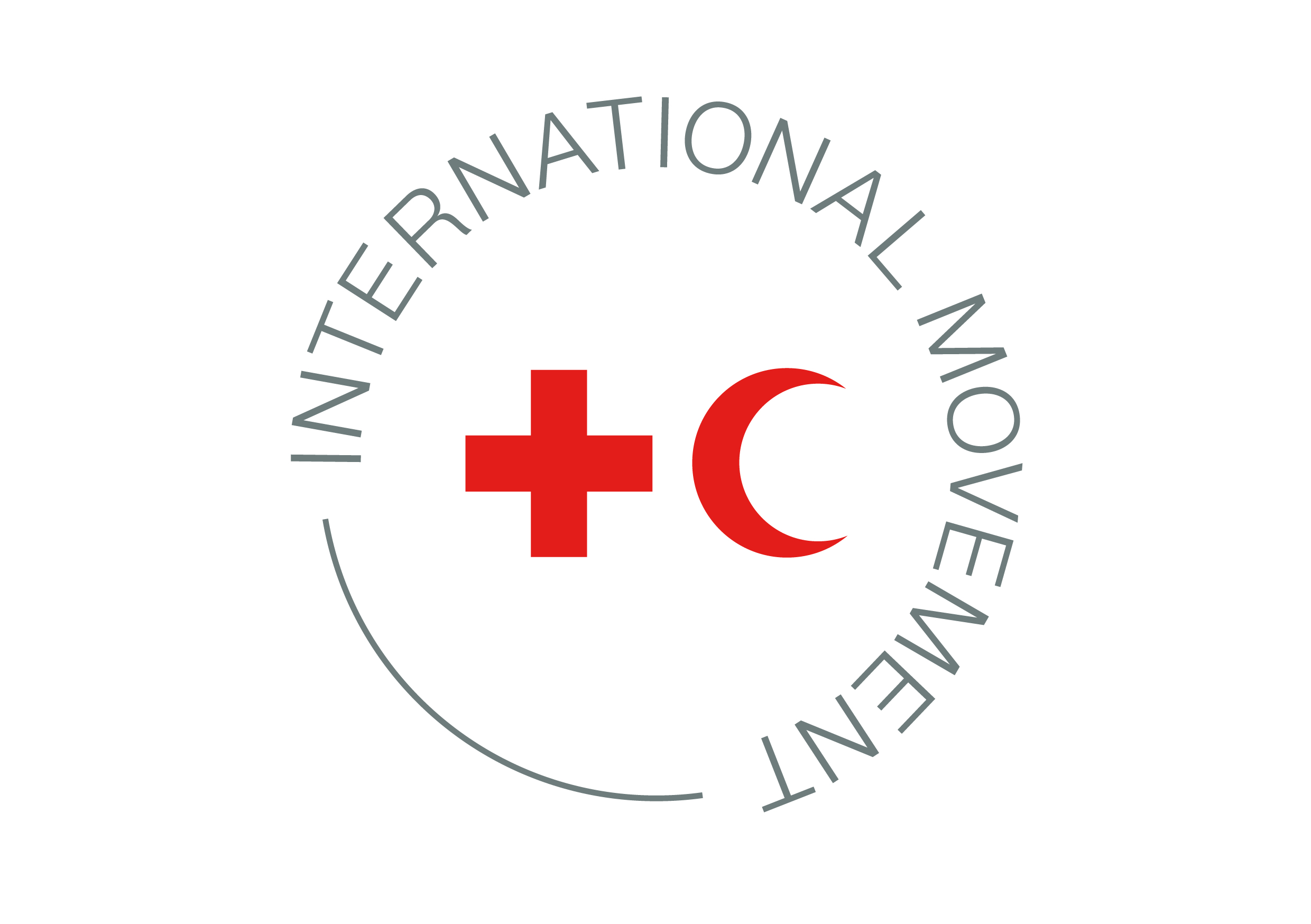Report on resolution 5:
– Date: 20.01.2020
– Country: Australia
– Type of entity: State
– Did your Government take any action to improve the safety and security of humanitarian volunteers and minimize inherent risks?
Yes
Check the box
– Trainings,
– a national system for the collection and dissemination of comprehensive data, including sex and age disaggregated data,
– measures to promote public understanding and acceptance of the role of humanitarian volunteers,
– integration of measures to protect volunteer safety and security in national laws,
– policies, plans and programmes for emergency management
– measures to hold perpetrators of crimes against humanitarian volunteers accountable.
– regularly share challenges and good practices
– considered providing support to other countries, as donors, in accordance with national legislation and the humanitarian and principles
– offering /sharing expertise and resources
– What measures have your public authorities undertaken to provide direct or indirect support for the insurance or equivalent “safety net” assistance for volunteers of National Societies and other actors deploying humanitarian volunteers within their territories?
The Australian Government funded Australian Volunteers Program (AVP) connects around 1,000 Australian volunteers every year with partner organisations in the Asia Pacific. A small number volunteer with partner organisations focused on disaster risk reduction and/or post-disaster recovery. AVP has a strong framework in place to ensure the safety and security of Australian volunteers including dedicated security and risk advisors, emergency medical and evacuation services, worldwide health and emergency support, and a real-time communication platform for locating, alerting and confirming welfare of volunteers and staff. This sits within a robust risk management approach. All Australian volunteers are entitled to living and accommodation allowances. Following a global review, increases in living and accommodation allowances across a range of countries took effect from 1 October 2019. AVP also provides global insurance coverage for volunteers including medical insurance, death and disability, emergency relocation or repatriation and in specific circumstances professional indemnity insurance. The Australian Government Department of Foreign Affairs and Trade (DFAT) requires DFAT funded NGOs with programs being implemented in high risk environments to attend annual safety and security workshops, which outline the requirements the organisation must adhere to in regard to protecting volunteers and deployees. In addition, the Australian Government’s humanitarian civilian deployment capability, Australia Assists, undergo rigorous safety and security training before being deployed to work with governments, multilateral agencies and communities to build resilience in preparing for and recovering from disaster, conflict, and instability. This includes Hostile Environment Awareness Training and Active Assailant courses.
– Country: Australia
– Type of entity: State
– Did your Government take any action to improve the safety and security of humanitarian volunteers and minimize inherent risks?
Yes
Check the box
– Trainings,
– a national system for the collection and dissemination of comprehensive data, including sex and age disaggregated data,
– measures to promote public understanding and acceptance of the role of humanitarian volunteers,
– integration of measures to protect volunteer safety and security in national laws,
– policies, plans and programmes for emergency management
– measures to hold perpetrators of crimes against humanitarian volunteers accountable.
– regularly share challenges and good practices
– considered providing support to other countries, as donors, in accordance with national legislation and the humanitarian and principles
– offering /sharing expertise and resources
– What measures have your public authorities undertaken to provide direct or indirect support for the insurance or equivalent “safety net” assistance for volunteers of National Societies and other actors deploying humanitarian volunteers within their territories?
The Australian Government funded Australian Volunteers Program (AVP) connects around 1,000 Australian volunteers every year with partner organisations in the Asia Pacific. A small number volunteer with partner organisations focused on disaster risk reduction and/or post-disaster recovery. AVP has a strong framework in place to ensure the safety and security of Australian volunteers including dedicated security and risk advisors, emergency medical and evacuation services, worldwide health and emergency support, and a real-time communication platform for locating, alerting and confirming welfare of volunteers and staff. This sits within a robust risk management approach. All Australian volunteers are entitled to living and accommodation allowances. Following a global review, increases in living and accommodation allowances across a range of countries took effect from 1 October 2019. AVP also provides global insurance coverage for volunteers including medical insurance, death and disability, emergency relocation or repatriation and in specific circumstances professional indemnity insurance. The Australian Government Department of Foreign Affairs and Trade (DFAT) requires DFAT funded NGOs with programs being implemented in high risk environments to attend annual safety and security workshops, which outline the requirements the organisation must adhere to in regard to protecting volunteers and deployees. In addition, the Australian Government’s humanitarian civilian deployment capability, Australia Assists, undergo rigorous safety and security training before being deployed to work with governments, multilateral agencies and communities to build resilience in preparing for and recovering from disaster, conflict, and instability. This includes Hostile Environment Awareness Training and Active Assailant courses.

